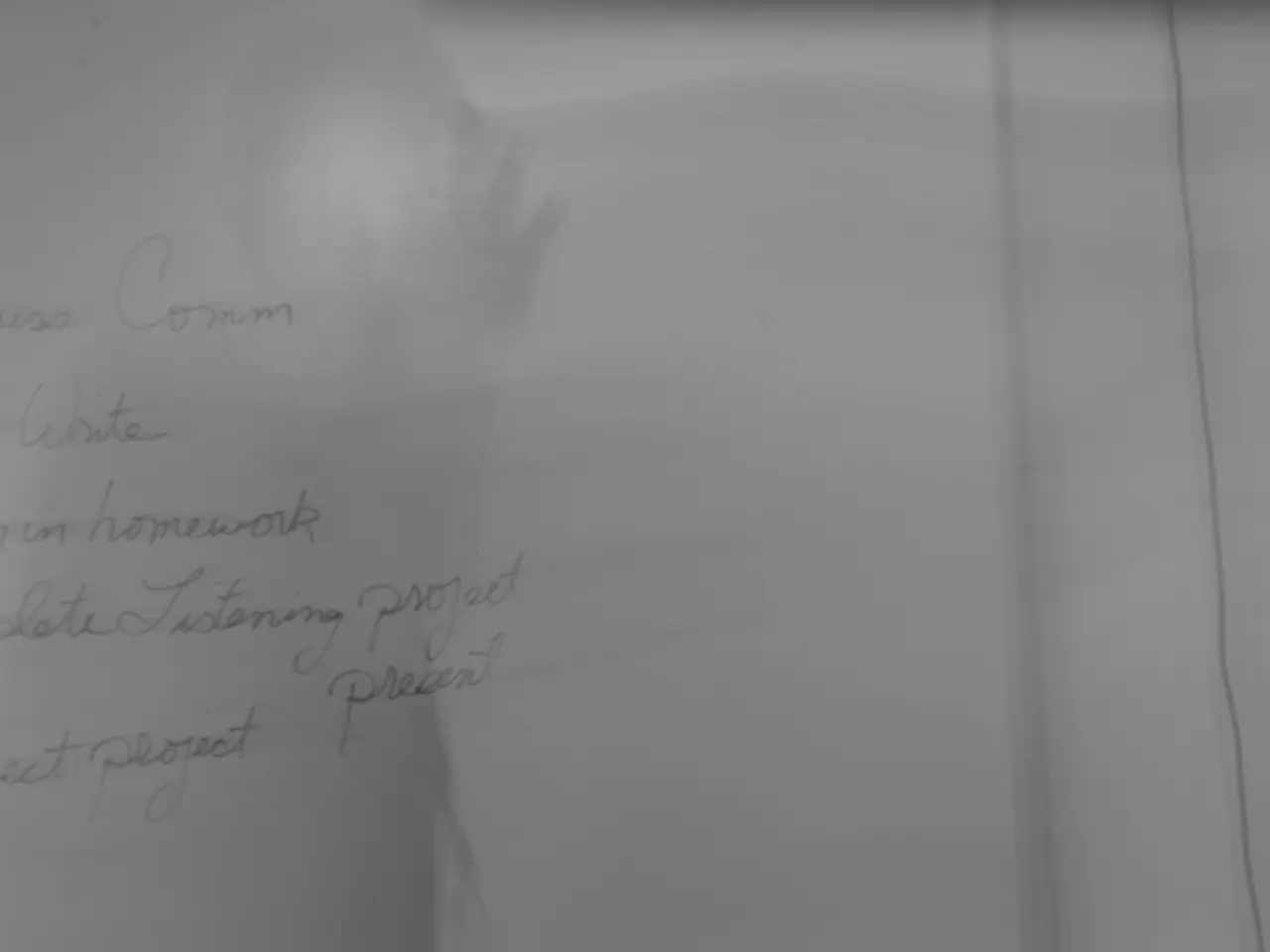Societies Operating under Financial Hardship Often Face the Persistence of Authoritarian Leaders
In a recent report by the Electoral Integrity Project (EIP), it was found that there is a complex, often positive relationship between economic development and electoral integrity in Africa. This suggests that better economic conditions can promote stronger democratic processes, but challenges remain in many countries.
Economic development can create an enabling environment for higher-quality elections. Stronger institutions, better governance, and more resources for electoral administration and transparency are often supported by economic stability and growth. Countries with more resources have greater capacity to manage credible elections that uphold integrity and public trust.
However, poor economic conditions and political instability can weaken electoral integrity. Authoritarian legacies, corruption, clientelism, and limited institutional capacity can distort electoral competitiveness and fairness. Elections held under military or authoritarian influence, such as in Gabon after the 2023 coup, show that economic or political upheaval can harm genuine electoral competition and transparency.
Elections have become a focal point linking political legitimacy and economic governance in Africa. The pressure to maintain political stability for economic growth incentivizes some governments to improve electoral processes. However, the persistence of flawed institutions limits progress in many cases.
International and regional efforts, including those by the African Union, International IDEA, and UNDP, emphasize building electoral administration capacity to strengthen democracy and support sustainable development goals (SDGs). This reflects an understanding that electoral integrity and economic development are mutually reinforcing goals.
Despite reforms in some countries, public confidence in electoral bodies often remains low due to perceived partisanship or manipulation. This can undermine both democratic quality and longer-term economic investment attractiveness.
Previous African elections that worked relatively well, according to international observers and experts, have been held in Mauritius, South Africa, Lesotho, and Namibia. However, the evidence within Africa provides a limited test of both the Lipset thesis and the Limogi and Przeworski argument, as nearly all states fall into the less developed category.
India is also cited as an important outlier. The 2015 EIP annual report compares the risks of flawed and failed elections worldwide. The report evaluates the integrity of all 180 national parliamentary and presidential contests held between July 1, 2012, and December 31, 2015, in 139 countries.
Contests are further classified into flawed contests (scoring 40-49 on the 100-point scale) and failed elections (scoring less than 40). More than half of the African states included in the survey have low scores for integrity, with Burundi, Equatorial Guinea, and Ethiopia rated as failed elections.
On the other hand, Benin, Mauritius, Lesotho, South Africa, and Namibia have high integrity scores according to the Perceptions of Electoral Integrity (PEI) index. However, elections in some countries, such as Zanzibar and Nigeria, have been marred by violence and allegations of fraud.
The so-called "Lipset thesis" argues that democracies and electoral integrity flourish best in industrialized and postindustrial societies with widespread literacy and education, an affluent professional middle class, and a pluralistic range of civic associations serving as a buffer between citizens and the state. A broader comparison of elections across the whole world suggests a positive link between economic development and the quality of elections.
Singapore, one of the richest countries in the world, has been ruled by the same party since 1959. Denis Sassou Nguesso won reelection as President of the Republic of Congo, eliminating the two-term constitutional limit. Figure 1 maps the contrasts in the overall 100-point PEI index for all African countries covered in the survey since 2012. Figure 2 illustrates the links between economic development and electoral integrity, showing little evidence that wealth and poverty are correlated with levels of electoral integrity within Africa.
The EIP was founded four years ago to provide an independent evaluation of the quality of elections worldwide. In Benin's presidential contest, Prime Minister Lionel Zinsou conceded defeat to businessman Patrice Talon in the second-round runoff. Contests in Nigeria last year provide hope for progress. The opposition in Niger called for a boycott of the election, alleging fraud, and militants from al-Qaeda and Boko Haram staged attacks during the campaign. President Issoufou won with 93% of the vote.
Elections were recently held in Benin, Cape Verde, the Republic of Congo, Niger, and Zanzibar. The evidence within Africa provides a limited test of both the Lipset thesis and the Limogi and Przeworski argument, as nearly all states fall into the less developed category. The opposition in Niger called for a boycott of the election, alleging fraud, and militants from al-Qaeda and Boko Haram staged attacks during the campaign. President Issoufou won with 93% of the vote.
In Cape Verde's parliamentary elections, the ruling party was defeated, and the opposition came to power after 15 years. The EIP's results have been published in several books, including "Why Elections Fail" by Dr. Pippa Norris. The report generates an overall 100-point Perceptions of Electoral Integrity (PEI) index. USAID has now cancelled US$472 million in aid following violent protests in Zanzibar.
In summary, according to insights consistent with the EIP's assessments and related research, greater economic development in African countries tends to be associated with improved electoral integrity through stronger institutions and governance, but political challenges and legacy issues can constrain this relationship significantly. Efforts to improve electoral integrity are often viewed as part of broader governance reforms necessary to achieve sustainable economic development and peace.
- The EIP's findings suggest that economic development can foster better governance and resources for electoral administration, potentially leading to higher-quality elections and stronger democratic processes, as observed in countries like Cape Verde.
- However, poor economic conditions and political instability, common factors in many African countries, such as Burundi, Equatorial Guinea, and Ethiopia, can undermine electoral integrity, making it difficult to hold credible elections that uphold public trust and promote sustainable development.







